The Electric Vehicle ecosystem in India is evolving at a very high pace with various manufacturers launching their electric vehicles in the two-wheeler, four-wheeler, and commercial vehicle segments. Commercial vehicles such as Buses, Trucks, and Coaches make up a huge fragment of the Electric Vehicle segment.
After designating themselves into ports, airports, and steel, Adani Group is about to enter the EV space. According to a report, Adani Group entity SB Trust got the trademark approval to use the name ‘Adani’ for land and sea vehicles. The Adani Group is looking to enter into electric mobility space as part of the broader moves into green projects.
Following the green projects, the Adani Group recently set up another subsidiary, Adani New Industries Ltd (ANIL) and this recently set up subsidiary company will focus on segments green hydrogen generation, low carbon electricity, manufacturing of solar panels, wind turbines and batteries. Apart from that, last year, Adani had stated that his group will invest $70 billion in the energy sector in the next ten years.
The group is intending to set up a Research & Development (R&D) facility for its electric mobility projects at its special economic zone (SEZ) in Mundra, Gujarat. The group’s initial electric vehicle plans include coaches, buses, and trucks which will be used for in-house logistical activities at ports, airports, etc. This will benefit the company in gathering the required data for the development of future products as the group is preparing to manufacture electric vehicle batteries.
Tata Group and Reliance Industries Ltd (RIL) have also planned low-carbon green projects. The main reason behind assembling commercial electric vehicles is the affordability of this mode of transport. The cost of operating electric commercial vehicles at 80 paise is fractional as compared to the cost of operating commercial vehicles run on diesel which stands at ₹ 4 per km. Subsidies have also played a significant role in lowering the overall cost of operating e-CVs.
At present, the commercial vehicle segment is dominated by Tata Motors and Ashok Leyland with their Dost and Ace brands. Could Adani beat them in the sector is not the question, but the answer toward an all-electric, carbon-neutral future. It’s not just about zero carbon vehicles, it’s about net-zero companies, and to achieve net-zero companies, we need to bring all the ecosystem players together.






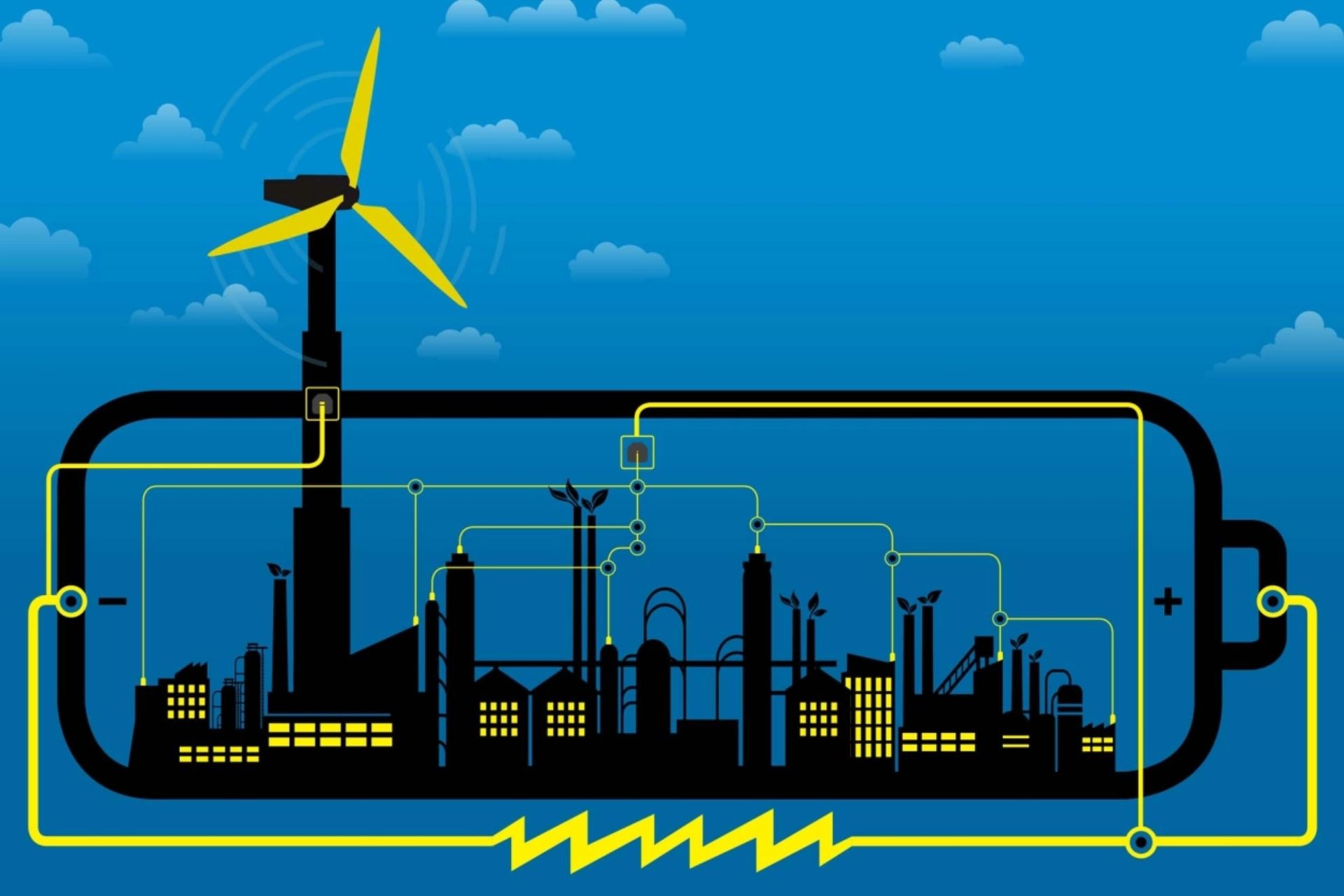

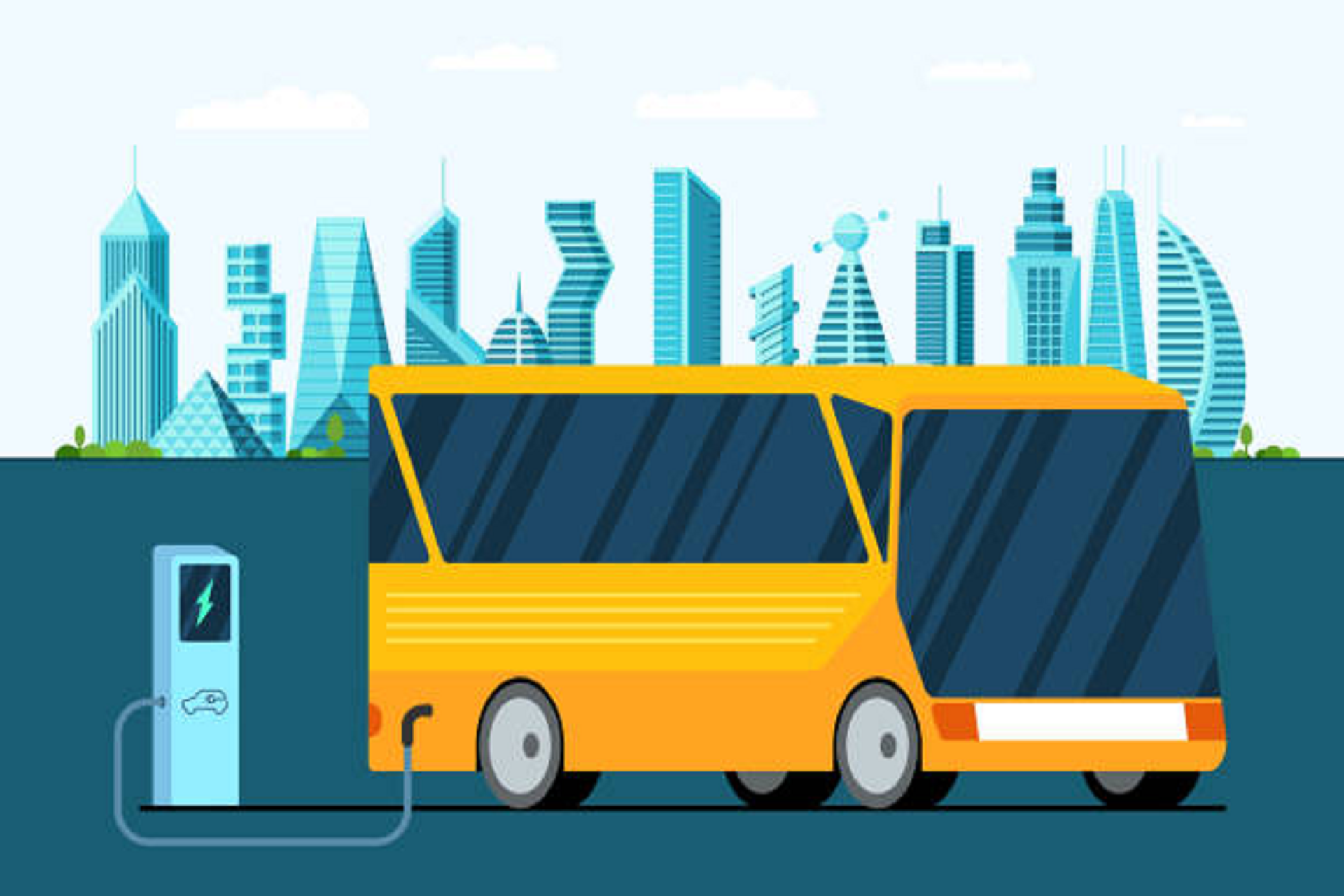
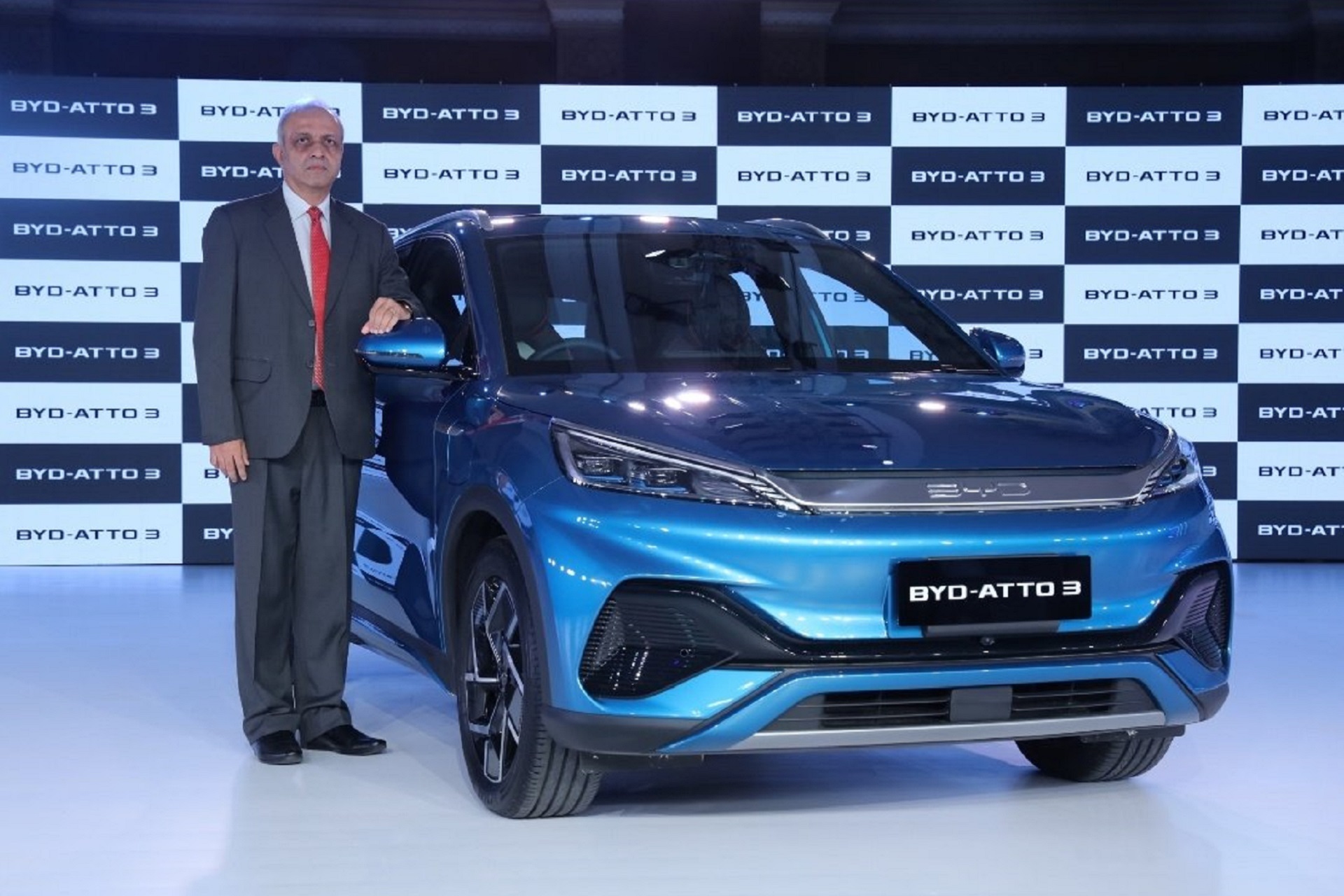
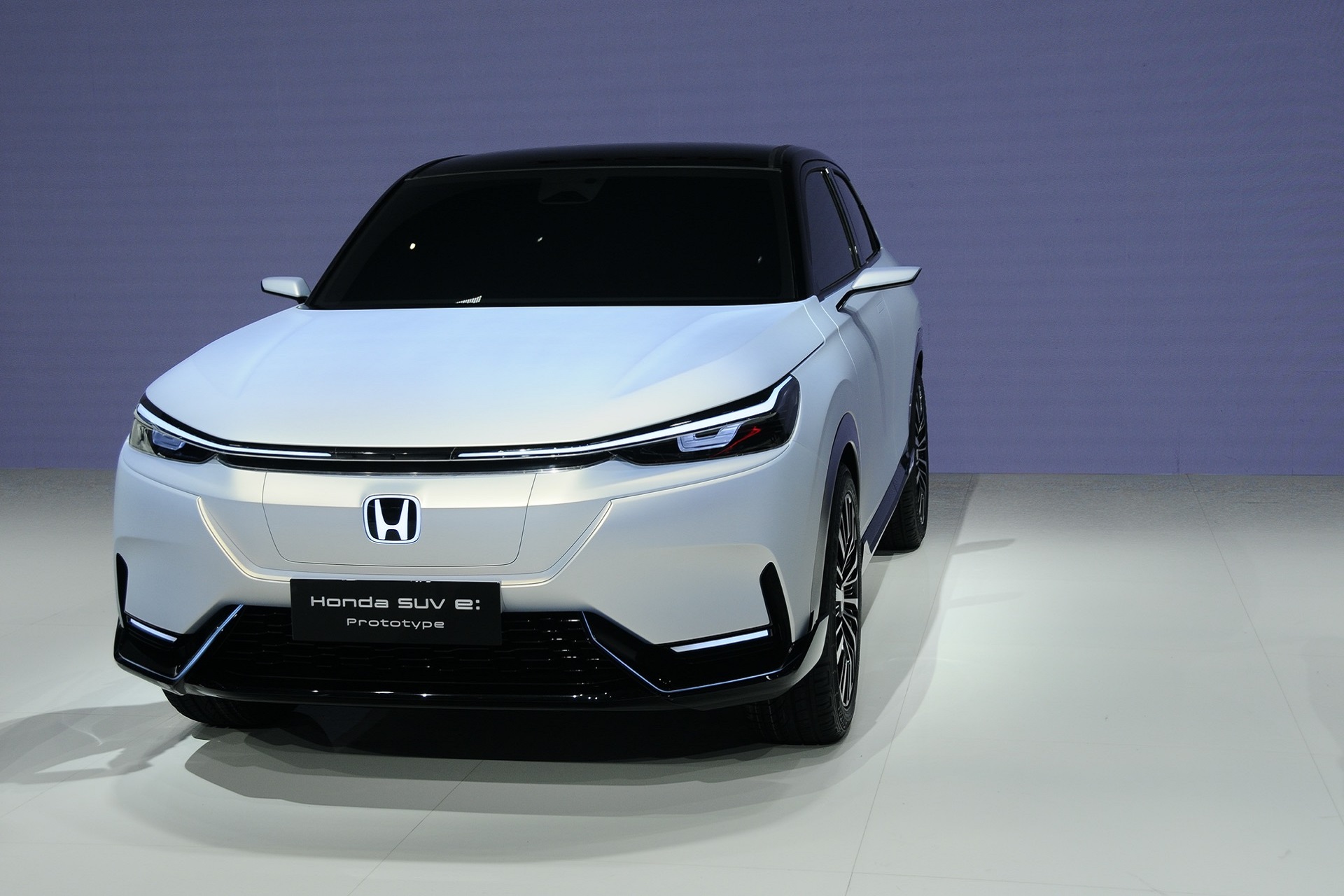
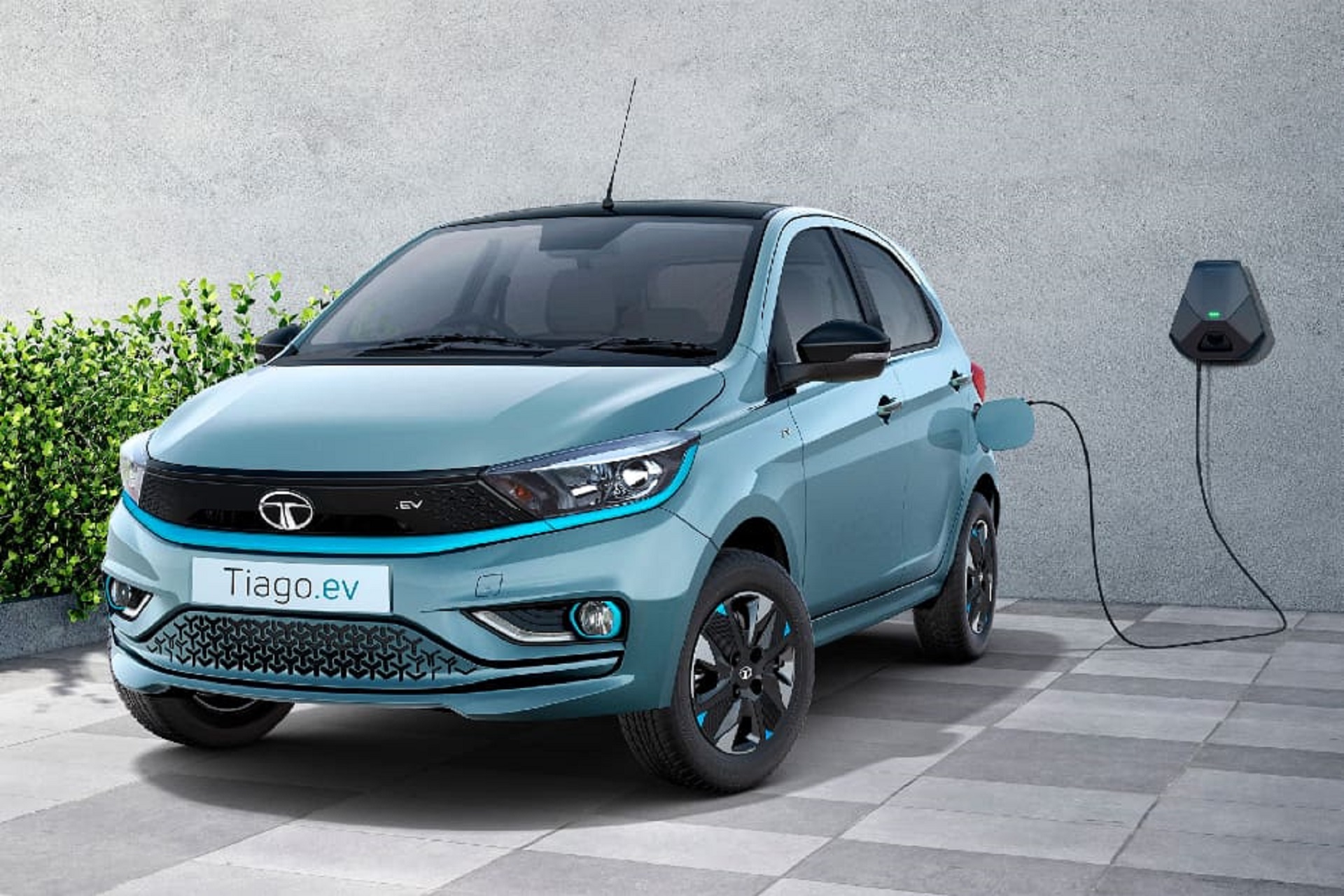
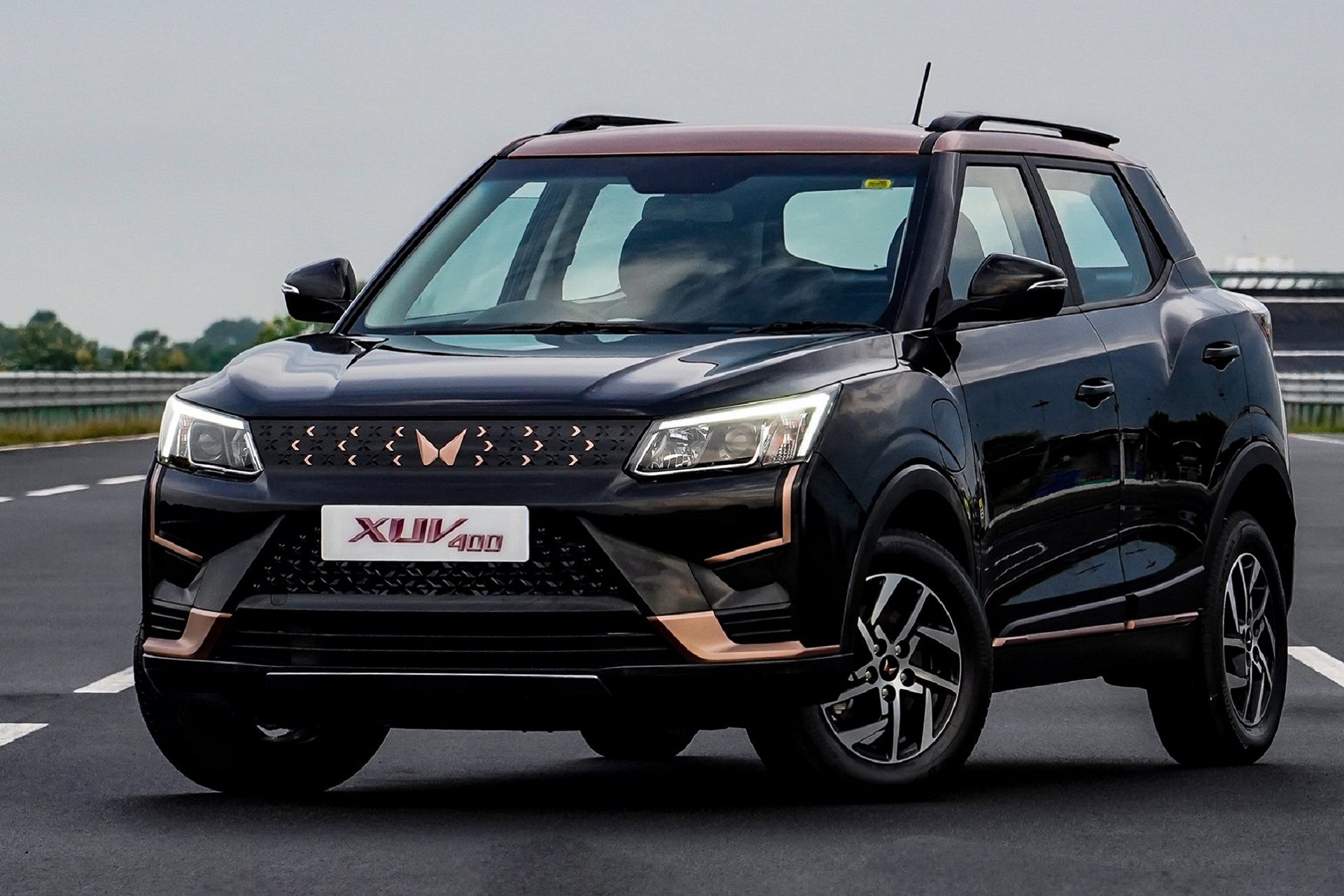
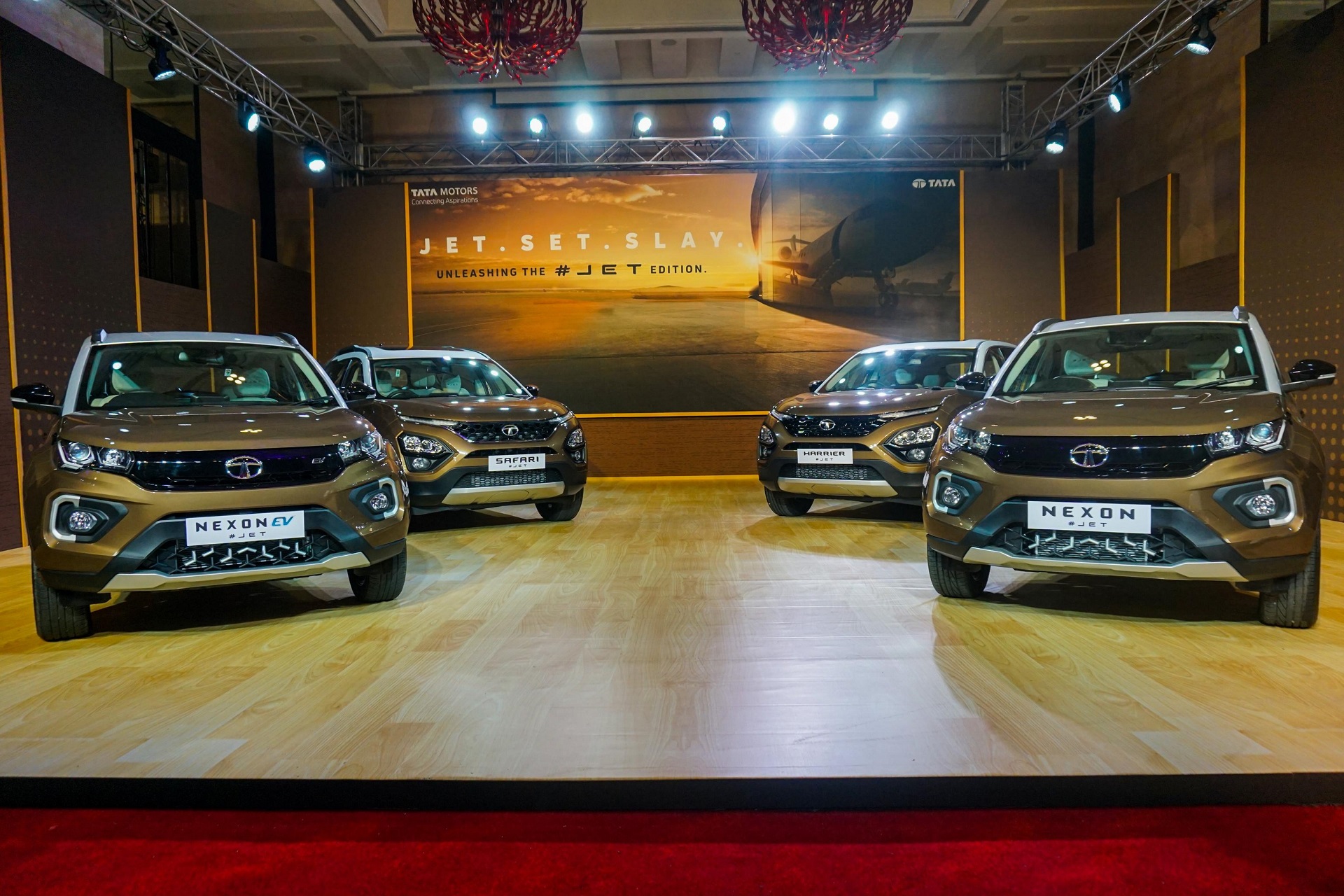
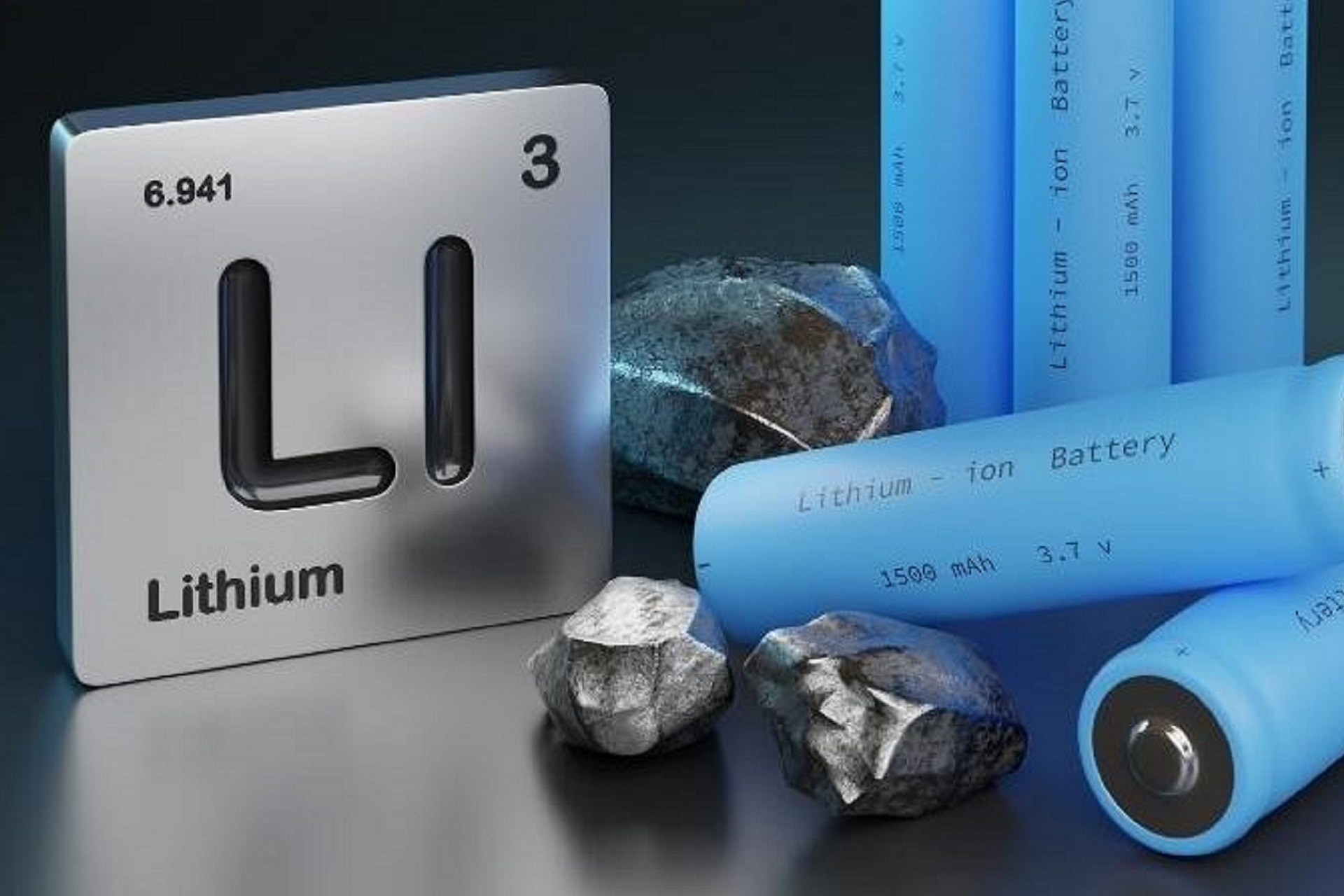


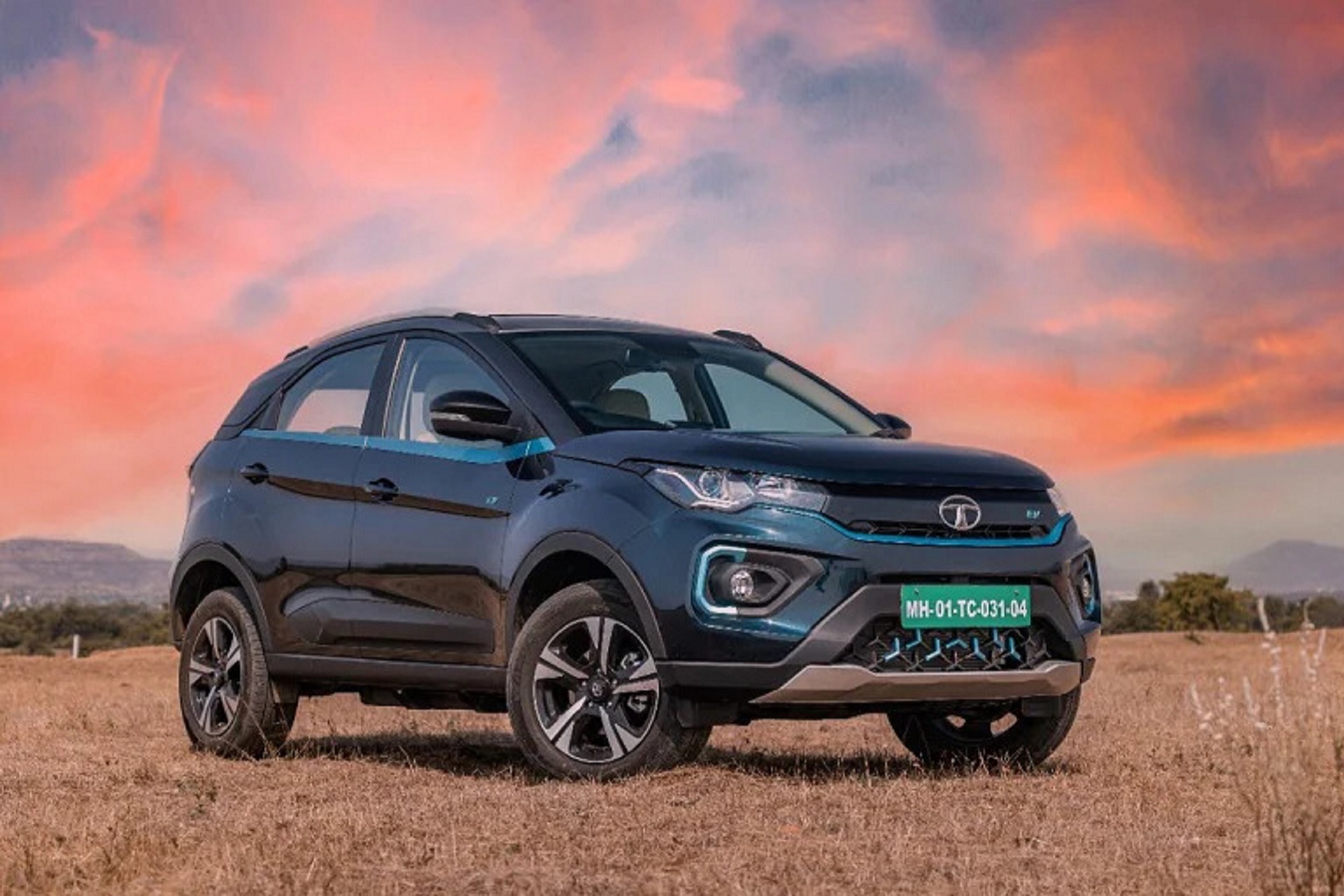
Please Login / register to post your comments!!
0 Comments